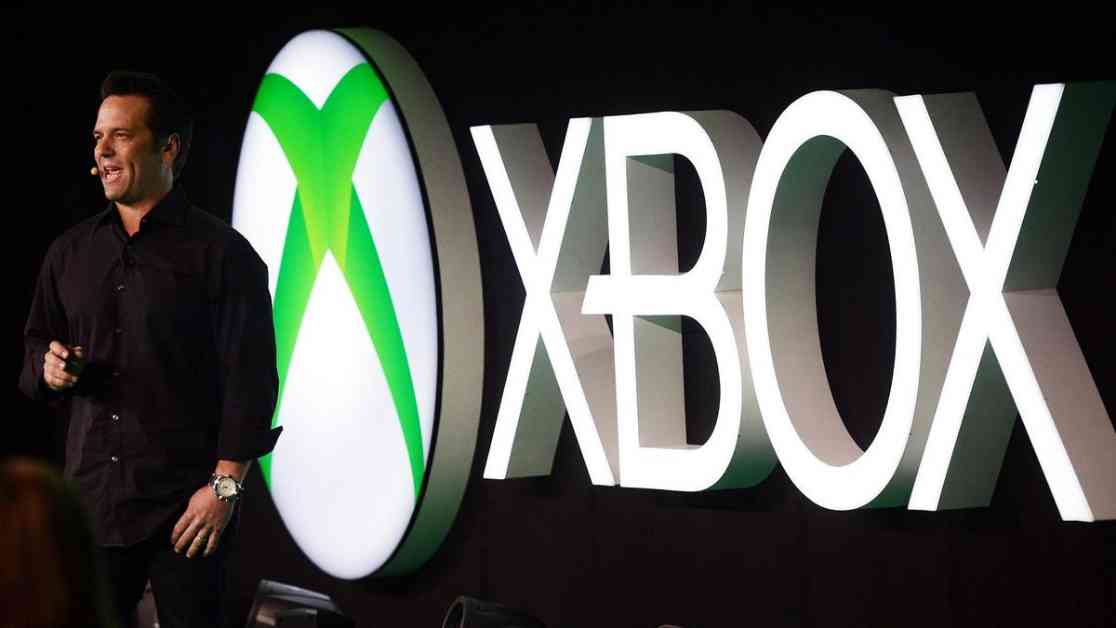Microsoft is making waves in the gaming world with its latest holiday marketing campaign for Xbox. The campaign highlights the versatility of Xbox games, emphasizing that you can play them on various devices beyond the console itself. This approach is aimed at promoting the concept of “play anywhere” by showcasing compatibility with laptops, smartphones, VR headsets, and other platform-agnostic devices.
Despite this focus on accessibility and diversity in gaming options, Microsoft is not overlooking the importance of developing new Xbox consoles in the future. In a recent interview with Rolling Stone, Microsoft Gaming CEO Phil Spencer confirmed that the company has plans to release more consoles and other devices down the line. This assurance comes in the wake of some skepticism from fans following the announcement of a PS5 port for the Xbox exclusive game, Indiana Jones and the Great Circle.
Xbox president Sarah Bond has teased that the next Xbox console will offer the “largest technical leap” ever seen in a console generation. Additionally, there are reports of Microsoft working on a dedicated PC gaming handheld, although this project is still a few years away from fruition. While there have been leaks suggesting a new Xbox console could arrive in late 2026, nothing is set in stone, and plans may evolve over time.
One interesting decision by Microsoft is the choice to skip a mid-generation refresh akin to the PS5 Pro. This move reflects a strategic focus on creating hardware that delivers unique value for players and creators, rather than simply releasing incremental updates for the sake of it. Phil Spencer emphasized the importance of offering a distinct on-screen experience and reaching new audiences through innovative hardware solutions.
The debate around the value of high-priced consoles like the PS5 Pro continues, with some questioning whether the improvements justify the cost. Microsoft’s stance suggests that they are prioritizing affordability and meaningful advancements in gaming technology, potentially leveraging machine learning, generative AI, and cloud computing to achieve this goal.
In conclusion, Microsoft’s future plans for Xbox signal a commitment to innovation, accessibility, and player-centric hardware development. While the gaming landscape continues to evolve, it will be interesting to see how Microsoft’s strategic approach shapes the future of gaming consoles and devices in the coming years.





















